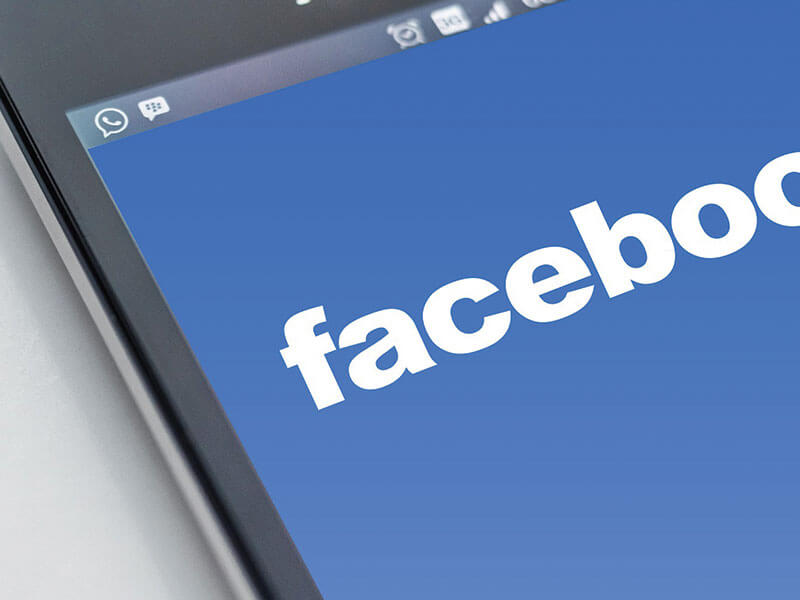
Social Media and the Law
Social media platforms such as Facebook, Twitter and YouTube have become an integral part of our everyday lives and have an important role to play
Home » CORPORATE LAW » SOCIAL MEDIA / DEFAMATION
Social media has been defined as “interactive platforms via which individuals and communities create and share user-generated content” and forms of electronic communication like websites for social networking and microblogging, through which users create online communities to share information, ideas, personal messages, and other content like videos.
Social media platforms such as Facebook, Instagram, and YouTube have become an integral part of our everyday lives. These platforms play an important role in our social environment, helping us keep in touch with others and stay informed of events around the world. Yet, despite many of the benefits of social media platforms, these platforms also create opportunities for abuse and often bring out the worst in people without thought to the consequences of their actions.
Many people lose sight of the fact that the moment something is posted on social media websites, it is considered “published” and is therefore subject to the laws applicable to traditional media, such as newspapers. Accordingly, claims for defamation and hate speech as well as dismissal or disciplinary action for social media misconduct, become very real possibilities in the realm of social media laws in South Africa.

As a result, South African social media users should use caution before publishing anything on the internet. When it comes to social media laws in South Africa, individuals who contravene certain laws could face jail time and huge penalties.
Defamation is defined as the wrongful, intentional publishing of words or behaviour of another person that has the effect of injuring his or her status, good name, or reputation. To qualify as a fair comment protected by free speech, a statement or social media post must be founded on facts that can be proven to be accurate.
The Commission for Conciliation, Mediation and Arbitration (CCMA) has had to rule on matters where employees post scandalous or damaging information relating to their employers.
Judgements in social media laws in South Africa over the years have concluded that:
· a person doesn’t need to be the original poster of the defamatory content to be held liable – sharing or repeating the content is enough to constitute defamation.
· a person is equally liable for another person’s posts if they know they have been tagged in the other person’s post and allows their name to be connected to the post.
· despite each comment or post appearing individually may seem harmless, a series of comments or posts published via social media may have a defamatory meaning when read together.
· posting an apology on the same social media where a defamatory statement was made may mitigate the damage to a person’s dignity and reputation.
Hate speech is defined as any statement, gesture or behaviour, writing, or exhibition that is illegal because it may inspire violent or prejudiced action against a protected individual or group.
The right to free expression is a constitutional right, but it is not an absolute right. If what you post on social media networks infringes on the rights of others, you might face significant penalties in terms of social media laws in South Africa.
There has been a significant surge in disciplinary action and dismissal for social media behaviour. The Commission for Conciliation, Mediation, and Arbitration (CCMA) has handled instances in which the dismissal was deemed to be fair based on information obtained from social networking websites.
Some of the grounds for dismissals included:
· derogatory Facebook status updates.
· employees criticising management.
· employees criticising the employer.
· employees using social media to share internal matters of the business to former employees.
Publishing sexually explicit images or videos without someone’s content, often referred to as “revenge porn” can result in prosecution in accordance with social media laws in South Africa. It’s crucial to understand that social messaging groups like WhatsApp falls within the general definition of social media.
If you have any questions relating to social media laws in South Africa, contact our experienced team for professional assistance.

Social media platforms such as Facebook, Twitter and YouTube have become an integral part of our everyday lives and have an important role to play

Our judges and arbitrators have been tasked with applying their minds to issues of defamation via social media. They must consider our ancient Roman and

In the 2012 case of H v W, heard in The Johannesburg High Court, Judge Willis had to determine if this post on Facebook was